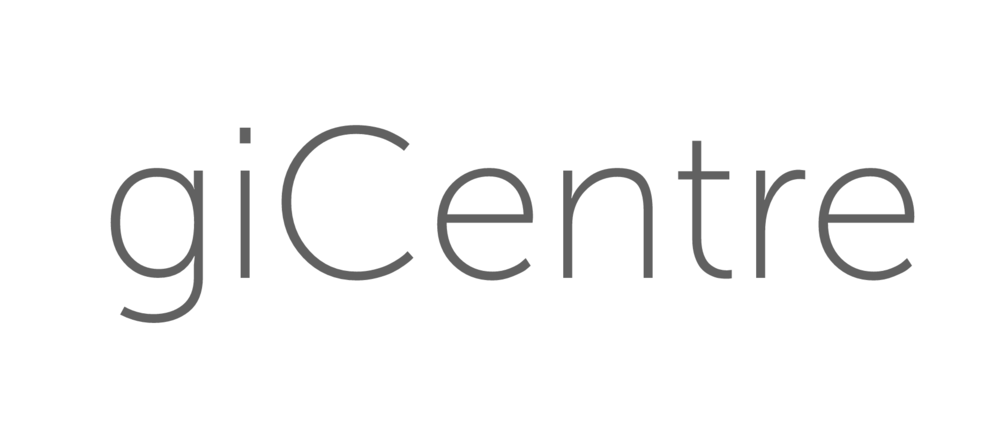Seminar - Alexander Lex, University of Utah
Literate Visualization:
Making Visual Analysis Sessions Reproducible and Reusable
Tues 17th November, 16:00 - 17:00, Zoom (City credentials)
Abstract
Interactive visualization is an important part of the data science process. It enables analysts to directly interact with the data, exploring it with minimal effort. Unlike code, however, an interactive visualization session is ephemeral and can't be easily shared, revisited, or reused. Computational notebooks, such as Jupyter Notebooks, R Markdown, or Observable are a perfect match for many data science applications. They are also the most popular embodiment of Knuth's "Literate Programming", where the logic of a program is explained in natural language, figures, and equations.
In this talk, Alex will sketch approaches to "Literate Visualization". He will show how we can leverage provenance data of an analysis session to create well-documented and annotated visualization stories that enable reproducibility and sharing. He will also introduce work on semi-automatically inferring mid-level analysis goals, which allows us to understand the analysis process at a higher level. Understanding analysis goals enables interactions to be sped up and visual analysis processes to be re-used.
Bio - Alex Lex
Alexader Lex is an Associate Professor of Computer Science at the Scientific Computing and Imaging Institute and the School of Computing at the University of Utah. Together with Miriah Meyer, he runs the Visualization Design Lab, which is developing visualization methods and systems to help solve today’s scientific problems.
Before joining the University of Utah, Alex was a lecturer and post-doctoral visualization researcher at Harvard University. He received his PhD, master’s, and undergraduate degrees from Graz University of Technology. In 2011 he was a visiting researcher at Harvard Medical School.
Alex has received an NSF CAREER award and multiple best paper awards or honorable mentions at IEEE VIS, ACM CHI, and other conferences. He also received a best dissertation award from his alma mater and co-founded Datavisyn, a startup company developing visual analytics solutions for the pharmaceutical industry.




